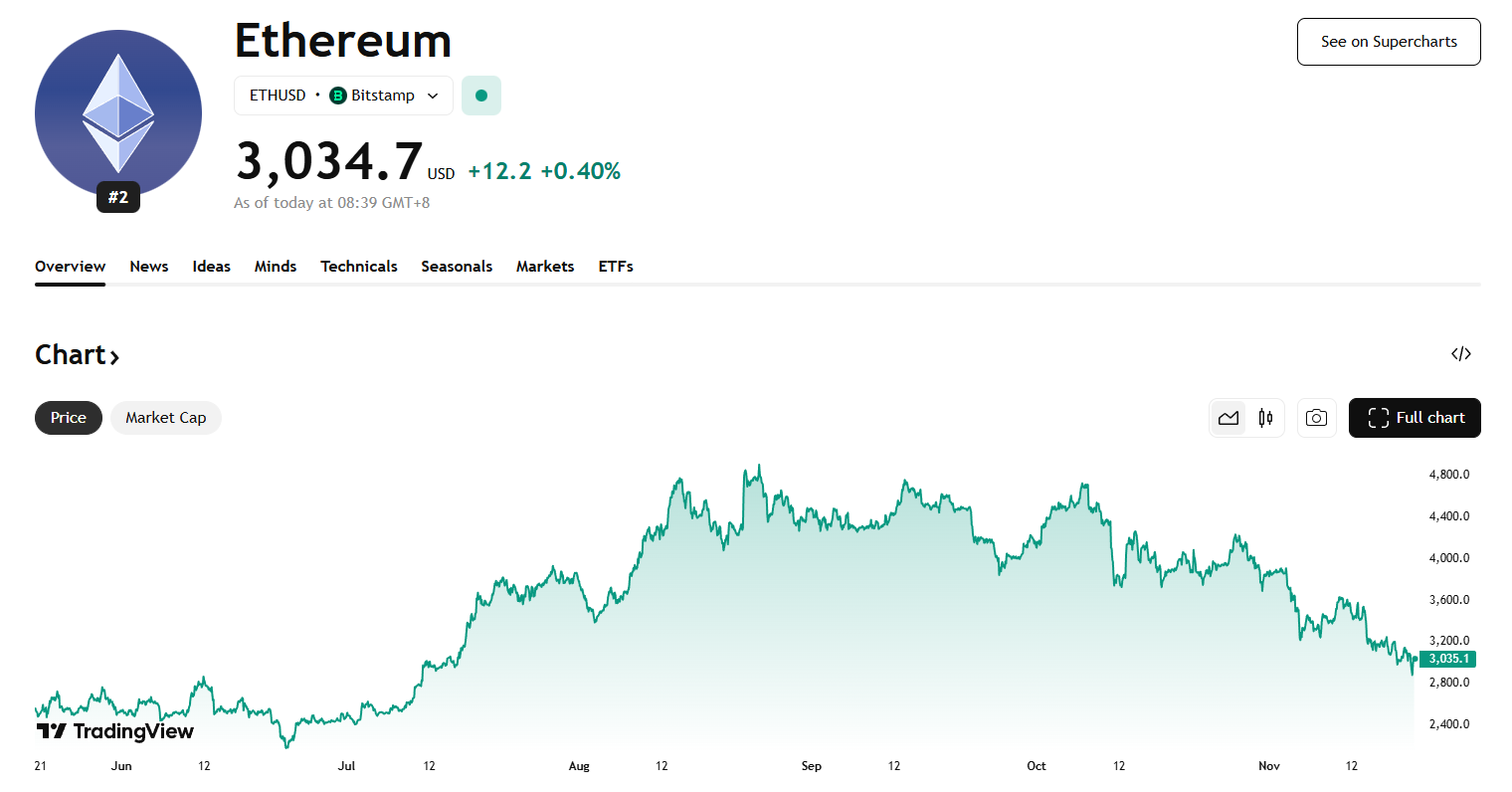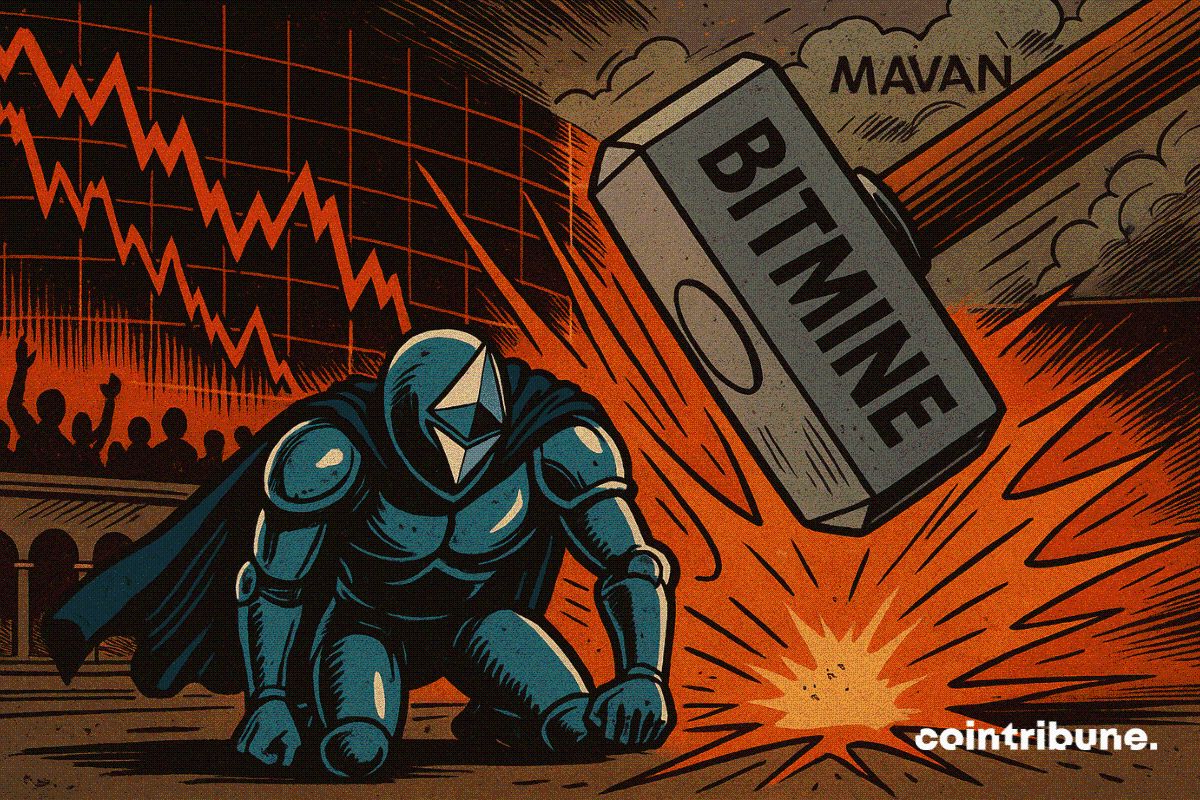Japan May Allow Banks to Invest in Ethereum and Boost Cryptocurrencies
- Japan May Allow Banks to Invest in Ethereum
- Regulation could attract institutional capital to Solana
- Bank investment can increase cryptocurrency liquidity
The global cryptocurrency market is closely monitoring a potential regulatory advance in Japan that could allow banks to invest directly in digital assets like Ethereum (ETH) and Solana (SOL). The move comes amid growing institutional interest and preparations for major industry events, such as the Crypto 2025 Conference in Hong Kong, reinforcing discussions about the role of cryptocurrencies in traditional wallets.
The potential regulatory change is seen as an indication of greater integration between the traditional financial system and the cryptocurrency market. If confirmed, it could attract significant institutional capital flows, especially into highly liquid networks like Ethereum, which is widely used in smart contracts and DeFi infrastructure. Solana also stands out for its high scalability, making it an attractive alternative for diversification strategies.
Experts say this move could increase market stability and reduce volatility during periods of high institutional liquidity. "As we anticipate the outcomes of Japan's regulatory shifts, we must consider the historical precedents that have influenced institutional entry into crypto assets," highlighted Advisor Arda Senoz, linking potential impacts to previous adoption cycles by major players.
Historical data suggests that regulatory changes of this magnitude have already resulted in increases of between 10% and 30% in on-chain volumes for Layer 1 protocols, with increased movement of governance-related tokens. This scenario reinforces expectations of expansion for projects with a strong institutional presence, such as Ethereum, which currently remains a leading player in the smart contract ecosystem.
On October 19, 2025, Ethereum traded at $3.921,33, with a market cap of approximately $461,77 billion and a dominance of 12,68%. Despite a 13,23% drop in the last 30 days, analysts believe that a possible entry of Japanese banks could trigger a new buying flow, reigniting institutional interest in established assets.
Studies by research teams indicate that this type of regulatory advancement can strengthen blockchain-based financial ecosystems, stimulating innovation, increasing liquidity, and driving new decentralized applications in a more integrated environment between banks and cryptocurrencies.
Disclaimer: The content of this article solely reflects the author's opinion and does not represent the platform in any capacity. This article is not intended to serve as a reference for making investment decisions.
You may also like
Hotcoin Research | Fusaka Upgrade Approaching: Analysis and Outlook on Ethereum Long and Short Positions
This article will review Ethereum's recent performance, provide an in-depth analysis of the current bullish and bearish factors facing Ethereum, and look ahead to its prospects and trends for the end of this year, next year, and the medium to long term. The aim is to help ordinary investors clarify uncertainties, grasp trends, and provide some reference to support more rational decision-making during key turning points.

Crypto Market Surges as Bitcoin Rebounds and Privacy Coins Shine
In Brief Bitcoin rebounded over the weekend, testing the $86,000 mark. Privacy-focused altcoins Monero and Zcash showed notable gains. Total market value surged, crossing the $3 trillion threshold again.

Crypto Markets Rebound as Traders Signal Seller Fatigue
In Brief Crypto markets rebounded amid significant liquidations and oversold RSI signals. Weekend trading conditions with thin liquidity influenced rapid price shifts. The rebound's sustainability remains uncertain, prompting scrutinous investor attention.

Cardano : Network security questioned after a major incident

